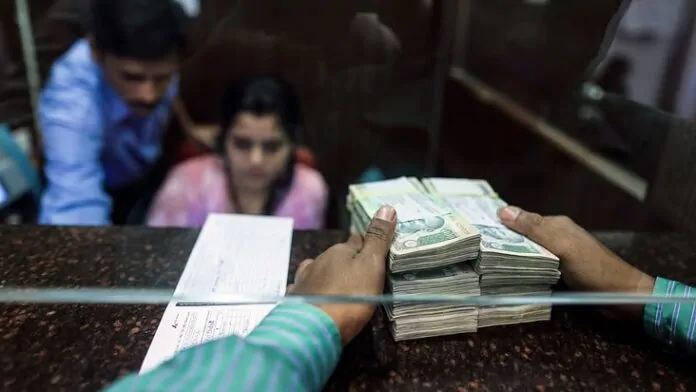Union Bank News: The country’s leading government bank Union Bank of India has changed the interest rate on savings accounts. If your bank account is also in Union Bank, then this news is useful for you. After the changes made by the bank, a maximum return of 4% is being given on the savings account. According to the official website of Union Bank of India, the changed interest rates on savings accounts have been implemented from November 20, 2023.
Under what conditions 4% interest?
The bank is offering 2.75% interest rate on savings account balance up to Rs 50 lakh and 2.90% interest rate on balance slab of Rs 50 lakh to Rs 100 crore. Similarly, Union Bank is giving a return of 3.10% on savings of Rs 100 crore to Rs 500 crore. On balance slab of Rs 500 crore to Rs 1000 crore, the bank is offering 3.40% interest rate. The bank is giving an interest rate of 4.00% on savings of more than Rs 1000 crore.
Tremendous jump in net profit
It was told by Union Bank that in the second quarter of the financial year completed on September 30, 2023, the net profit increased by 90% on an annual basis to Rs 3,511.4 crore. In the same period last year, Union Bank had made a profit of Rs 1,848 crore. When compared to the same quarter of FY23 it was Rs 8,305 crore. Net interest income increased by 10% to Rs 9,126.1 crore in Q2 of FY24.
Recently Indian Overseas Bank (IOB) has increased the interest rate on FDs less than Rs 2 crore. IOB has increased the interest rate on FDs from one year to two years by 30 basis points. But the bank has also reduced the interest rate of 444 day FD by 15 basis points. The bank is offering 4 percent interest on FDs maturing in 7-29 days.
Why are interest rates increasing?
As part of its efforts to reduce inflation, RBI has increased the repo rate by 2.5 percent in about a year from May 2022. After the increase in repo rate, banks had to make all types of loans like home loan, car loan and personal loan costlier. Increasing interest rates by banks reduces liquidity in the market and reduces demand. This helps in controlling inflation. As a result, banks increase interest on savings accounts, FDs and other saving schemes.




